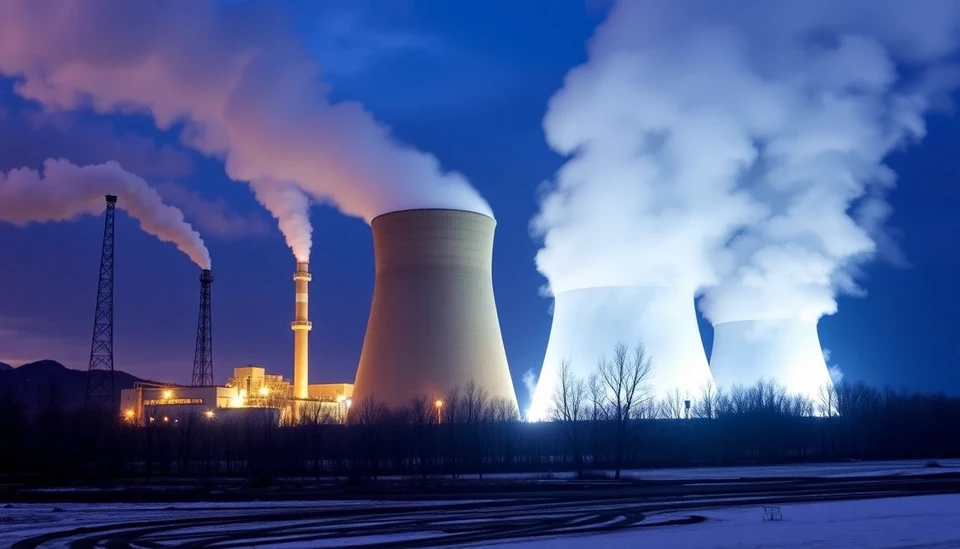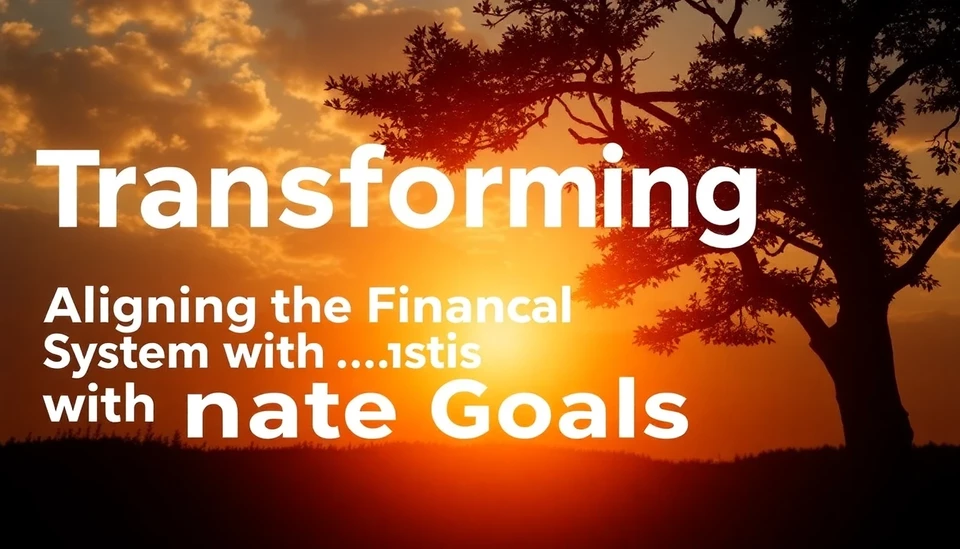
The urgency surrounding global climate action has reached a critical juncture, with the United Nations Climate Chief, Simon Stiell, proclaiming that achieving the pivotal 1.5 degrees Celsius limit on global warming is now under significant threat. Speaking at the opening of the UN climate conference in Dubai, Stiell expressed grave concerns over the potential for a "trainwreck" outcome if nations fail to accelerate their commitments toward reducing greenhouse gas emissions and embracing sustainable practices.
This year's climate summit comes on the heels of a stark reality wherein existing pledges by nations to curb emissions are falling short. Stiell highlighted that recent reports have signaled a “road to disaster” unless immediate action is taken. The remarks are underscored by alarming observations, such as the ongoing rise in global temperatures and the increasing frequency of extreme weather events, which pose dire risks to ecosystems, human livelihoods, and future generations.
Stiell urged participating nations to ramp up their climate strategies, particularly given that scientists have indicated exceeding the 1.5°C threshold could lead to irreversible impacts on the planet. With the world already experiencing an increase of approximately 1.1°C since the pre-industrial era, the time to act is now. The UN climate chief reminded attendees that every fraction of a degree mattered and that collective urgency is required to avert the worst outcomes of climate change.
At the heart of the discussions will be the necessity for financial support aimed at helping developing countries adapt to climate impacts while transitioning to renewable energy. Stiell pressed that rich countries must deliver on their promises to provide $100 billion annually in climate finance, a commitment made at previous summits that has yet to be met comprehensively.
The conference is anticipated to draw delegates from nearly every nation, each one bringing forward their strategies and demands. A key topic will involve tackling the challenges of climate adaptation and financing, as well as the urgent need to phase out fossil fuels amidst the rise of clean energy technologies. Stiell emphasized that the time for negotiation has passed; it is now essential to focus on actionable commitments that can realistically lead to substantial decreases in emissions over the coming years.
As nations around the globe grapple with the impacts of climate change, including devastating wildfires, floods, and food insecurity, the stakes have never been higher. The outcomes of this year’s discussions could profoundly influence global efforts in combating climate change and signal whether humanity is on track to stabilize the planet's climate.
The upcoming negotiations will not only focus on pledges and policies but also on accountability and tangible measures that ensure compliance with agreed-upon goals. Stiell's outlook serves as a clarion call that the international community must unify and act decisively if the 1.5°C aspiration is to be realized, lest we face dire consequences that affect billions across the globe.
As the summit opens its doors, the pressing message remains clear: collective action and a commitment to transformative change are paramount in the fight against climate change.
#ClimateCrisis #UNClimateConference #SustainableFuture #1point5Degrees #ClimateAction #GlobalWarming #ClimateFinance
Author: Peter Collins




